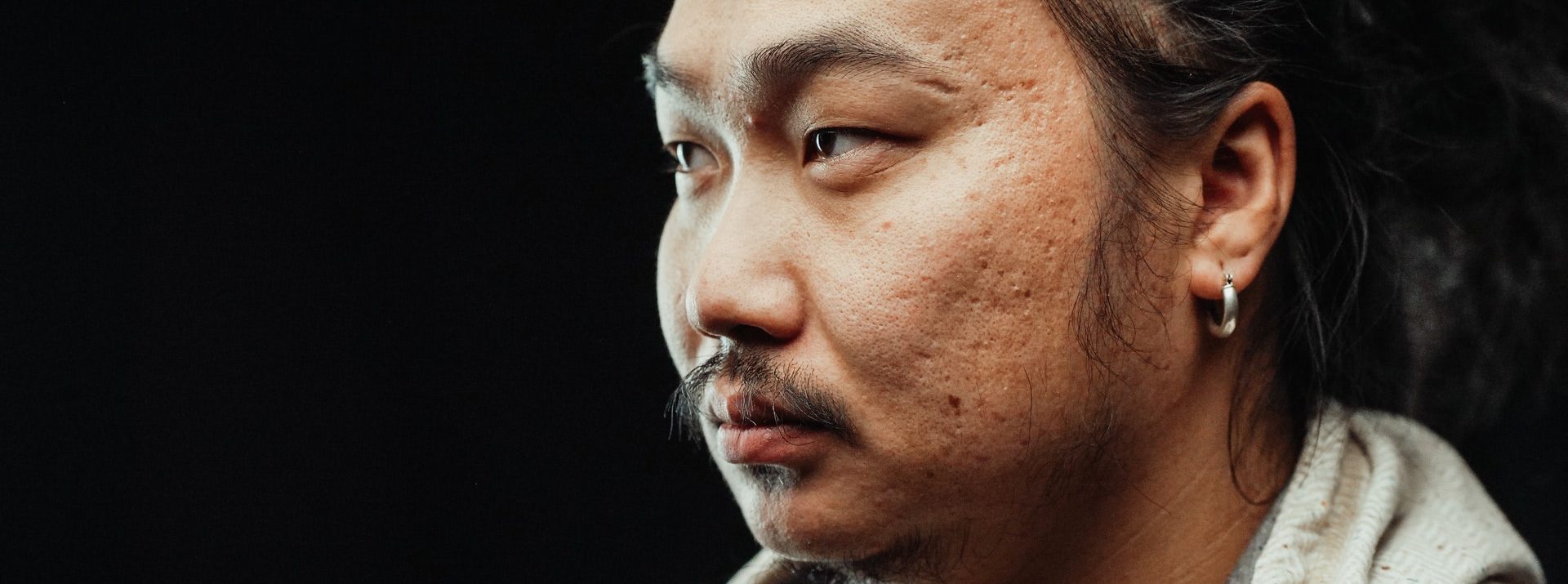What is Vestibular Treatment?
Miscommunication between these systems or injuries can cause disorientation, dizziness, nausea, vomiting, feeling off balance, feeling as if the world is spinning, blurred vision or falling/stumbling. There are significant physical, mental and emotional costs associated with dizziness and falls. Vestibular rehab physical therapy near you carefully crafts a specialized treatment plan and provides exercise to alleviate these symptoms, improve balance and reduce risk of falls.
Vestibular system is a sensory (proprioceptive) system which helps to maintain posture and equilibrium along with coordination of head and eye movements. It comprises of hair cells or receptors located in labyrinth (vestibular- cochlear apparatus) of the temporal bone. It functions together with cerebellum (“little brain” located in the back of the head) and visual system (your eyes). Vestibular rehab therapy near you is a specialized form of rehab that provides exercises to address issues related to these system. Regain your balance and conquer dizziness! Find exceptional Vestibuar Rehabilitation Thearpy near you. Take control of your world again. Schedule your session today!

Common Symptoms that can be treated by vestibular rehab near you
- Dizziness
- Oscillopsia (visual perception that stationary objects are moving)
- Migraines, headaches
- Vertigo
- Nystagmus
- Ataxia and disequilibrium
- Decrease visual activity during head movements
- Abnormal sense of movement/orientation
- Postural reflexes are associated with vestibular input. Body stability*, body orientation** and visual orientation*** can get affected due to vestibular dysfunction.
*Body stability: Maintenance of COG over BOS
**Body orientation: Maintenance of appropriate relationships between body segments and environment
***Visual orientation: Eye movement control for maintenance of visual image of the external world
Common Causes of vestibular issues that can be treated by vestibular physical therapy near you
- BPPV (benign paroxysmal positional vertigo)
- Presyncope
- TIA (transient ischemic attack)
- Migraines
- Meniere’s disease
- Chronic dizziness associated with Anxiety and psychological disorders.
- Cervicogenis Dizziness
- Balance disorders
How Can We Help
- Decrease dizziness/vertigo
- Improve functional balance and safety
- Improve gaze stabilization and tolerance to motion
- Educate patients in safety and compensation strategies to control their symptoms
- Decrease fall or risk for falls
- Increase activity levels
